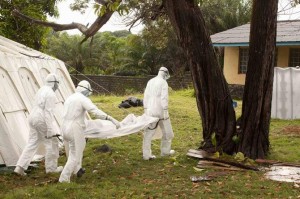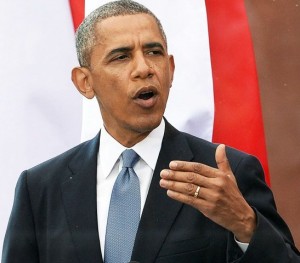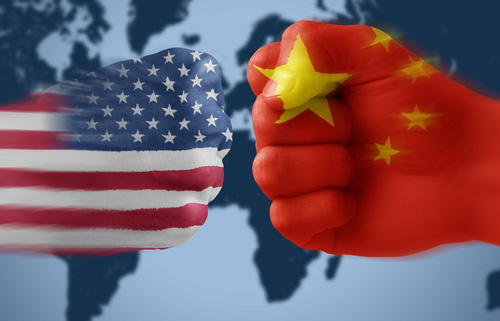China & USA Gives Hand In The Fight Against Ebola by Sending Troops and Lab Experts
The Government of the People’s Republic of China has committed itself to sending mobile laboratory team to Sierra Leone to boost lab testing operations for the Ebola virus currently plaguing West Africa.
The move by China has been highly welcomed by the World Health Organization, given WHO’s recent appeal for more assistance in the fight against Ebola in West Africa. The government of Sierra Leone too made appeals to the international community to boost its efforts in containing and fighting the Ebola outbreak.
 The Chinese laboratory experts are made up of a team of 59-persons from the Chinese Centre for Disease Control and include epidemiologists, nurses and clinicians. The team will set up camp at the China-Sierra Leone Friendship Hospital where they will boost Ebola response efforts. The medical facility was constructed back in 2012, through Chinese government support.
The Chinese laboratory experts are made up of a team of 59-persons from the Chinese Centre for Disease Control and include epidemiologists, nurses and clinicians. The team will set up camp at the China-Sierra Leone Friendship Hospital where they will boost Ebola response efforts. The medical facility was constructed back in 2012, through Chinese government support.
Dr Margaret Chan, the Director-General of the World Health Organization, said, “The most urgent immediate need in the Ebola response is for more medical staff. The newly announced team will join 115 Chinese medical staff on the ground in Sierra Leone virtually since the beginning. This is a huge boost, morally and operationally.”
According to the Ebola response roadmap released by WHO on August 28th, there is a high need for a massively scaled response support to the affected countries. This move by the Chinese Government underscores the type of international effort necessary to increase the response services and strengthen West African nation’s capability to contain and deal with the Ebola outbreak.
The United States President, Obama, pledged to send 3,000 troops to Liberia. The US military will supervise the construction of new medical treatment centres and help in the training of medical staff.
According to WHO, Sierra Leone, Liberia and Guinea are the worst-hit West African nations with a total of 2,400 lives already claimed by the Ebola virus. WHO has since warned of thousands more succumbing to the virus if drastic measures are not taken to contain and eradicate the outbreak.
The United States officials stated that its anti-Ebola initiative in Liberia will be:
- Provide medical training to 500 healthcare workers each week.
- Build 17 healthcare facilities, with about 100 beds each.
- Set up a joint command base in Monrovia, Liberia, in order to co-ordinate better between the US and other international relief efforts.
- Distribute to thousands of households the home healthcare kits.
- Start a home and community-based campaigns, with the aim of training locals on how to care for infected patients.


“We should see all of West Africa now as one big outbreak… It’s very clear we have to deal with all the areas with Ebola,” said, Michael Osterholm, the Director of the Center for Infectious Disease Research and Policy at the University of Minnesota, as cited by The New York Times.
Facts about Liberia you should know:
- The country has dilapidated infrastructure as a result of a 14-year civil war.
- More than 250,000 people were killed in the conflict which ended in 2003.
- There are hardly enough doctors: one doctor to every 100,000 people.
- Reported cases of the Ebola infection: 2,046.
- Reported deaths from the Ebola virus: 1,224.
- Country’s total population: 4.4 million.
The Ebola virus spreads through direct contact between humans with infected blood, body fluids and organs. It can also spread indirectly through contact with the contaminated environment.




Comments are closed.